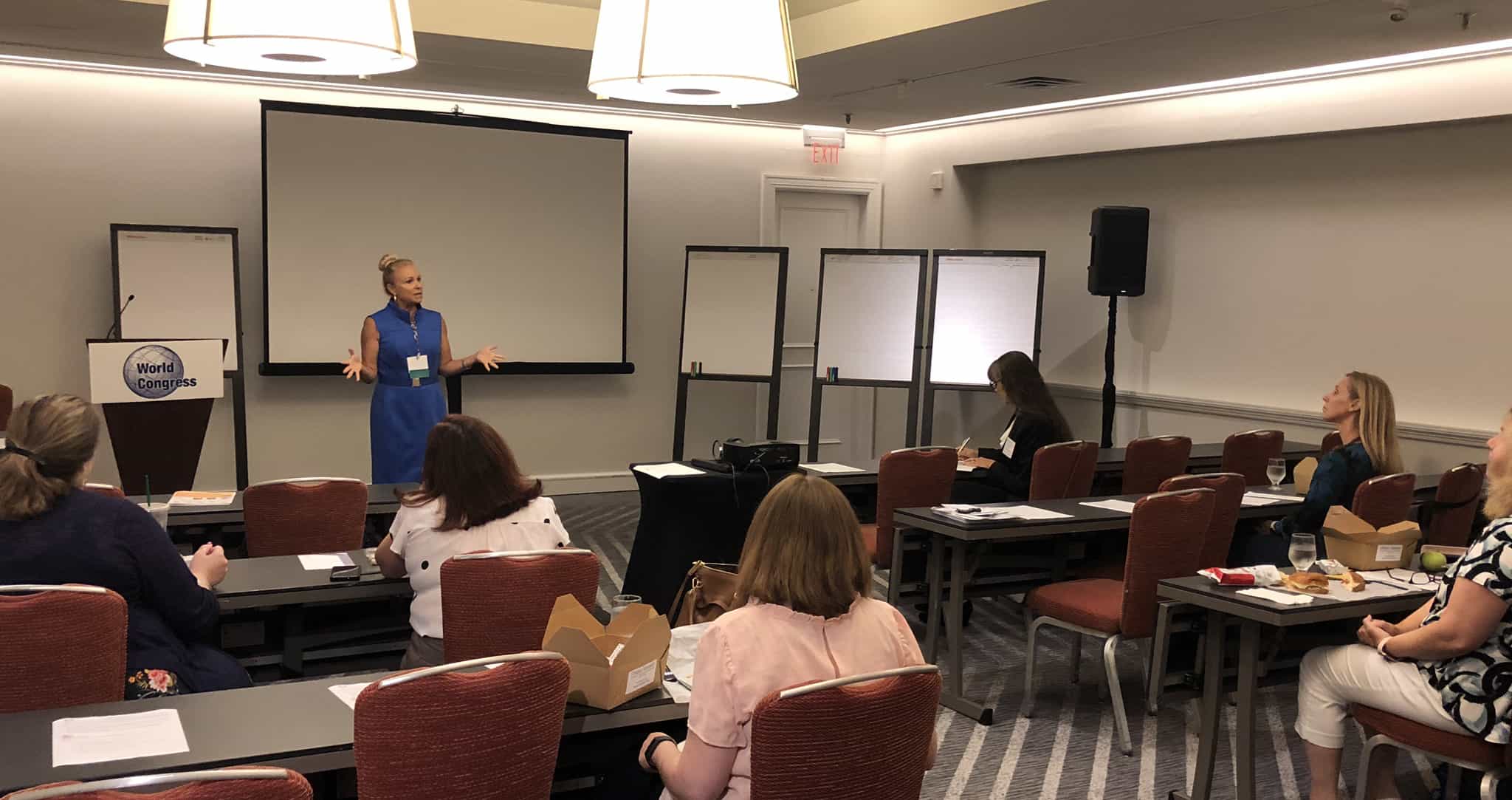HealthTrain: Compassion that Improves the Bottom Line
It’s no secret that I work in an industry that is experiencing a workforce shortage. As Loretto continues to grow – how can I possibly keep up? Part of the answer is HealthTrain.
What is HealthTrain? It started with an organization called CenterState Corporation for Economic Opportunity. The individuals at CenterState CEO developed a program known as WorkTrain, to make “unemployable” individuals employable.
Who are these “unemployable” individuals? Immigrants, previously incarcerated, high school dropouts, those who have never had a job, etc. As a part of this program, these individuals are given education and training, and upon completion of the program have the skills they need to enter the workforce. The workforce gets a boost, and more importantly, these individuals get a second chance — pragmatic altruism at work. (More about pragmatic altruism here.) CenterState CEO then worked with local healthcare organizations to develop the program even more – creating “HealthTrain” to address the need for employment of individuals living on the Northside of Syracuse.
HealthTrain’s goal, similar to that of WorkTrain, is to transform “unemployable” individuals into model healthcare employees by providing education and training in the specific skills needed within the healthcare industry. This program inspired me – I wondered how we could make it even more relevant to our industry. I teamed up with CenterState CEO to expand the scope, scale, and outreach to include Certified Nursing Assistants and other roles in long term care.
Then, Loretto and other long-term-care providers have the opportunity to interview candidates who graduate from the program for employment. Loretto has extended many offers of employment through the HealthTrain program, with a retention rate of over 80%.
Yes, a higher retention rate improves Loretto’s bottom line – the hiring process and cost of missed shifts are expensive. But the impact on these individuals is significant – they are transformed, not only in terms of employability but also in personal self-esteem and the contributions they are empowered to make to their families and communities. It’s a win-win.

